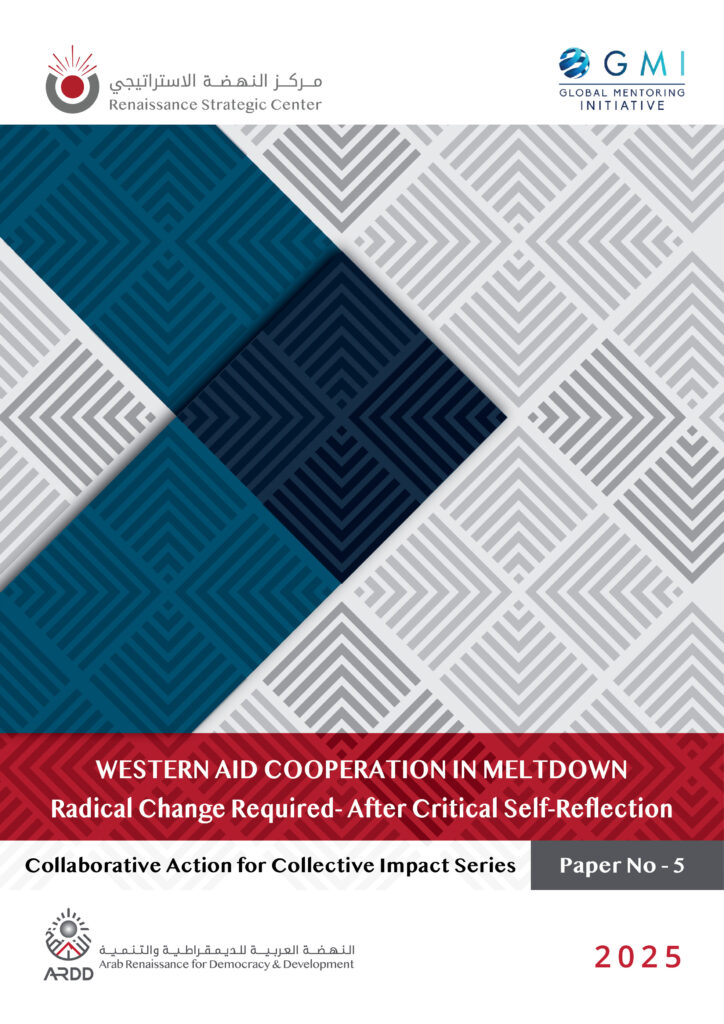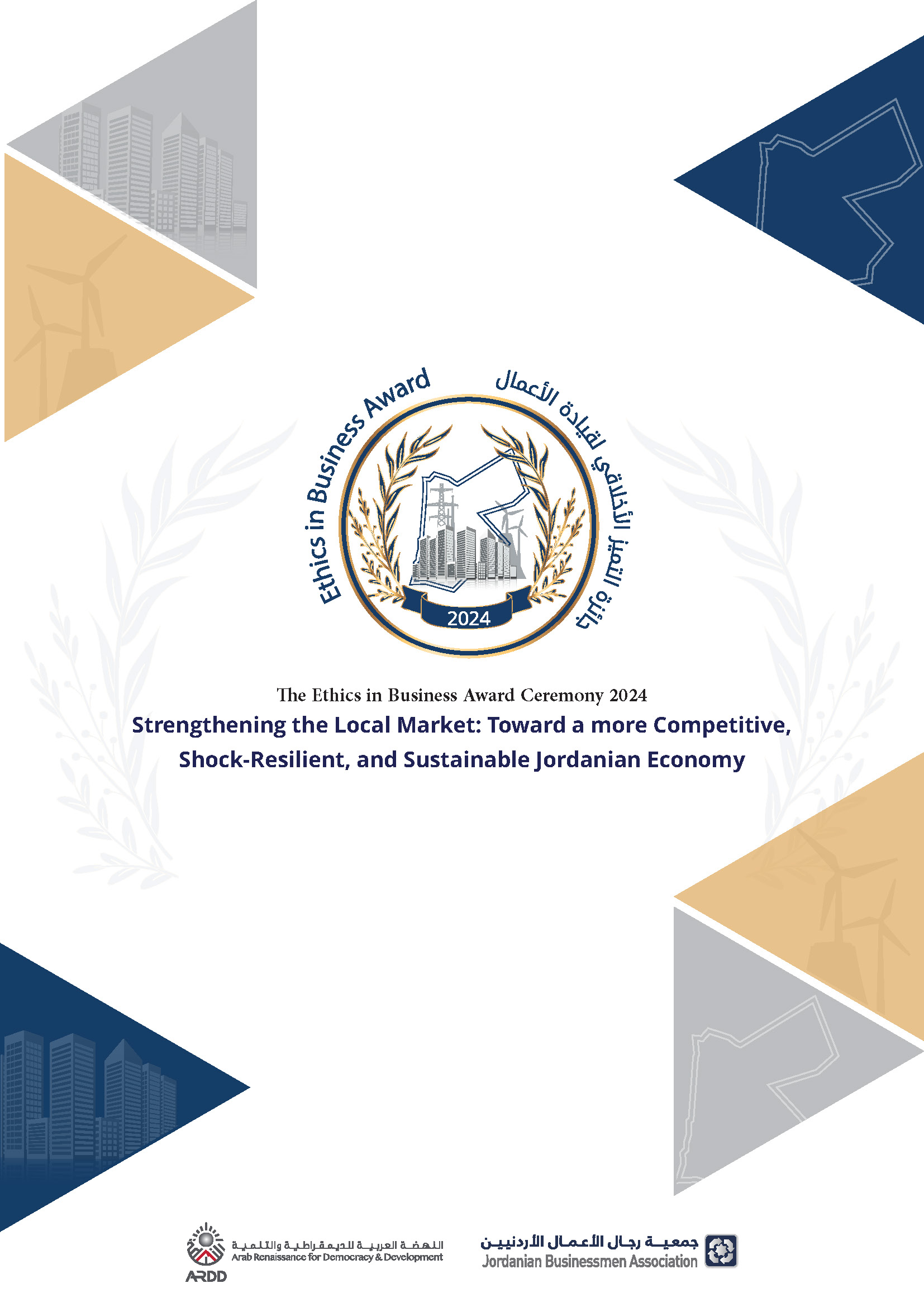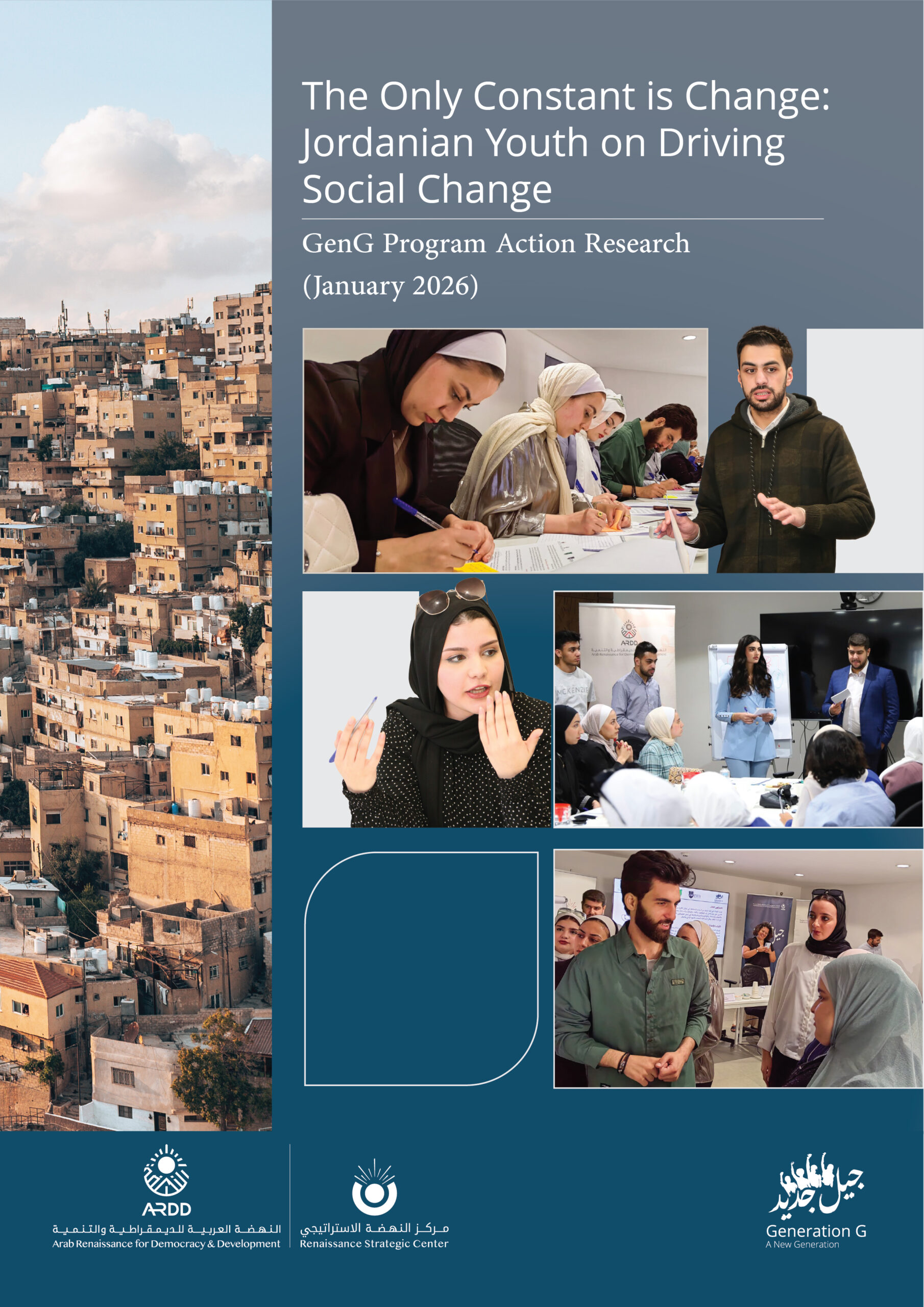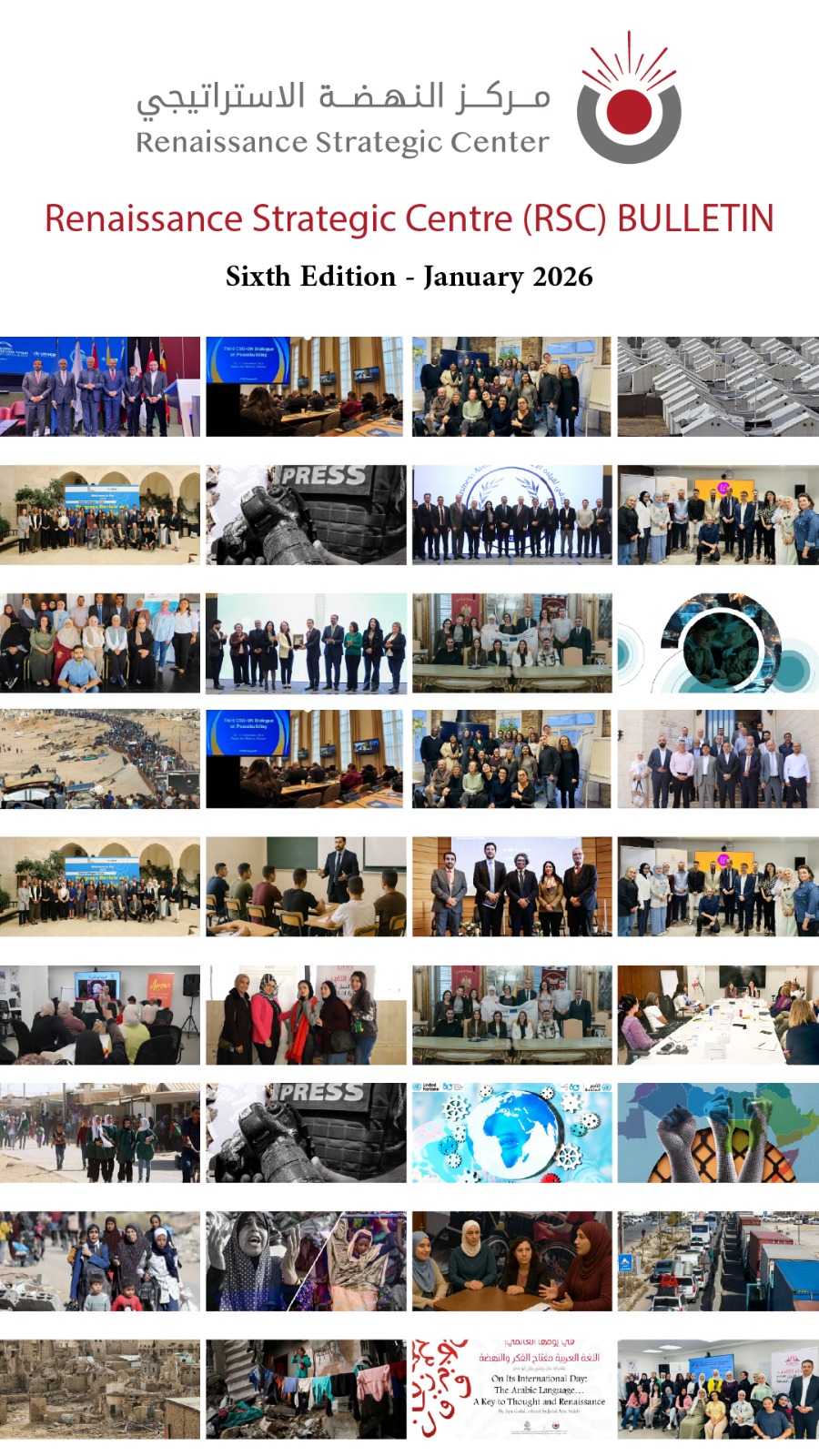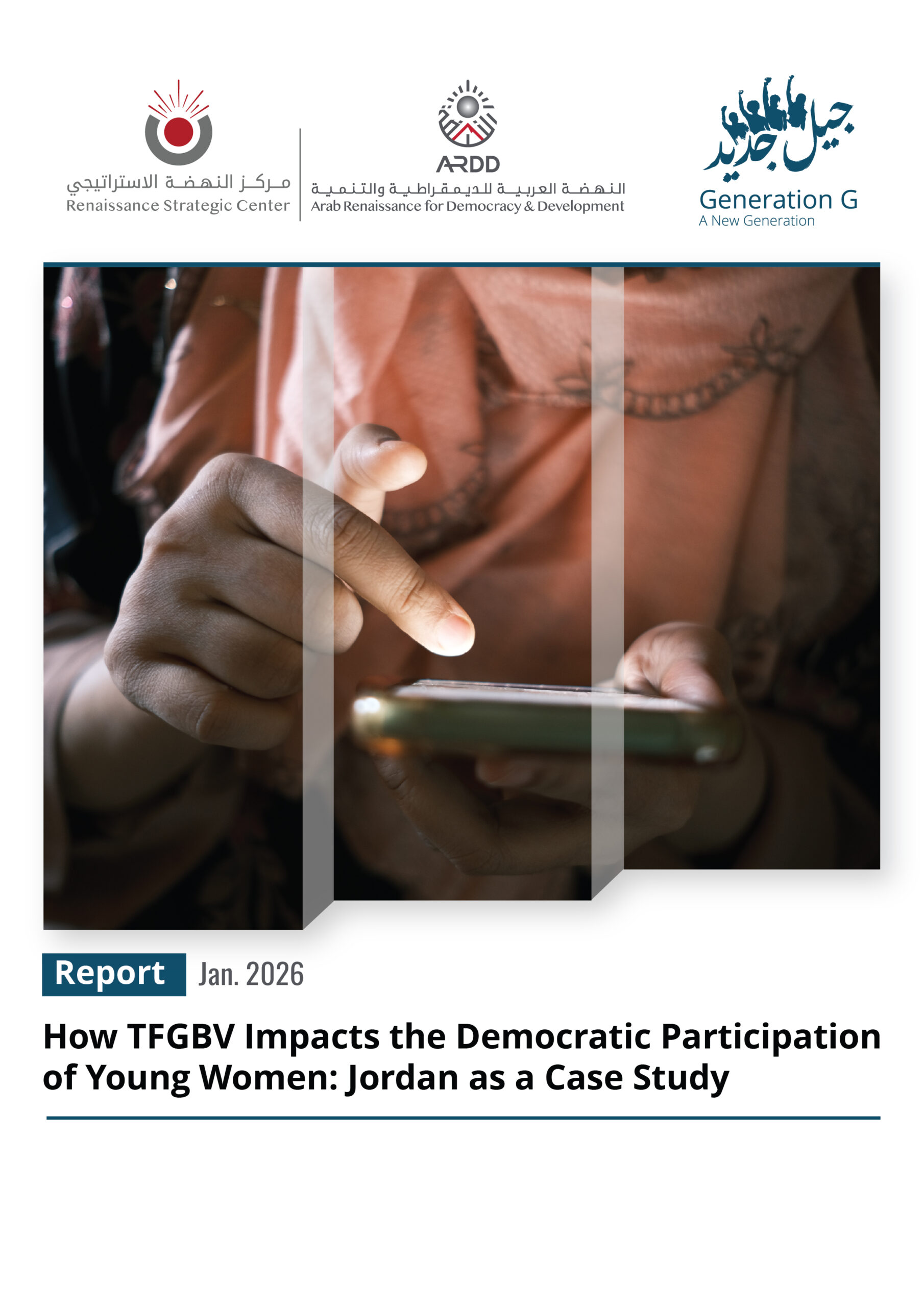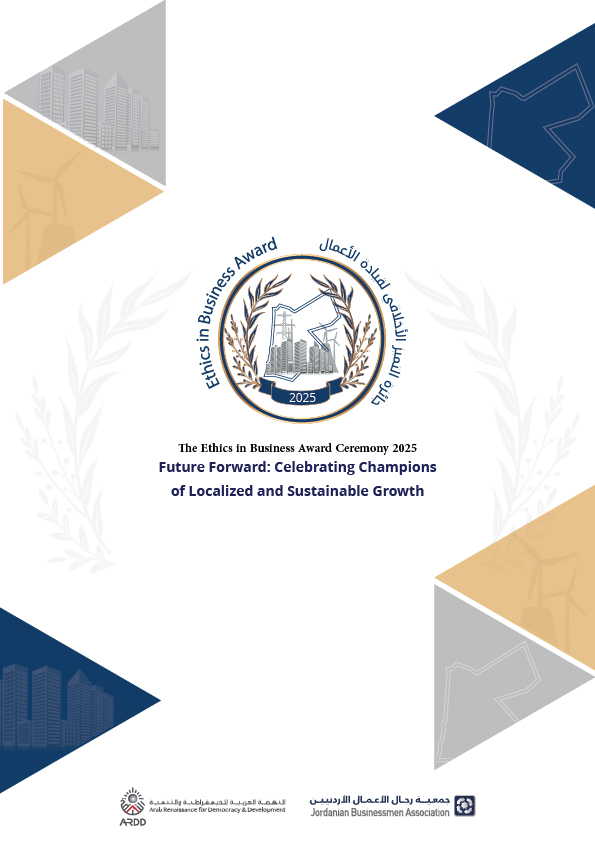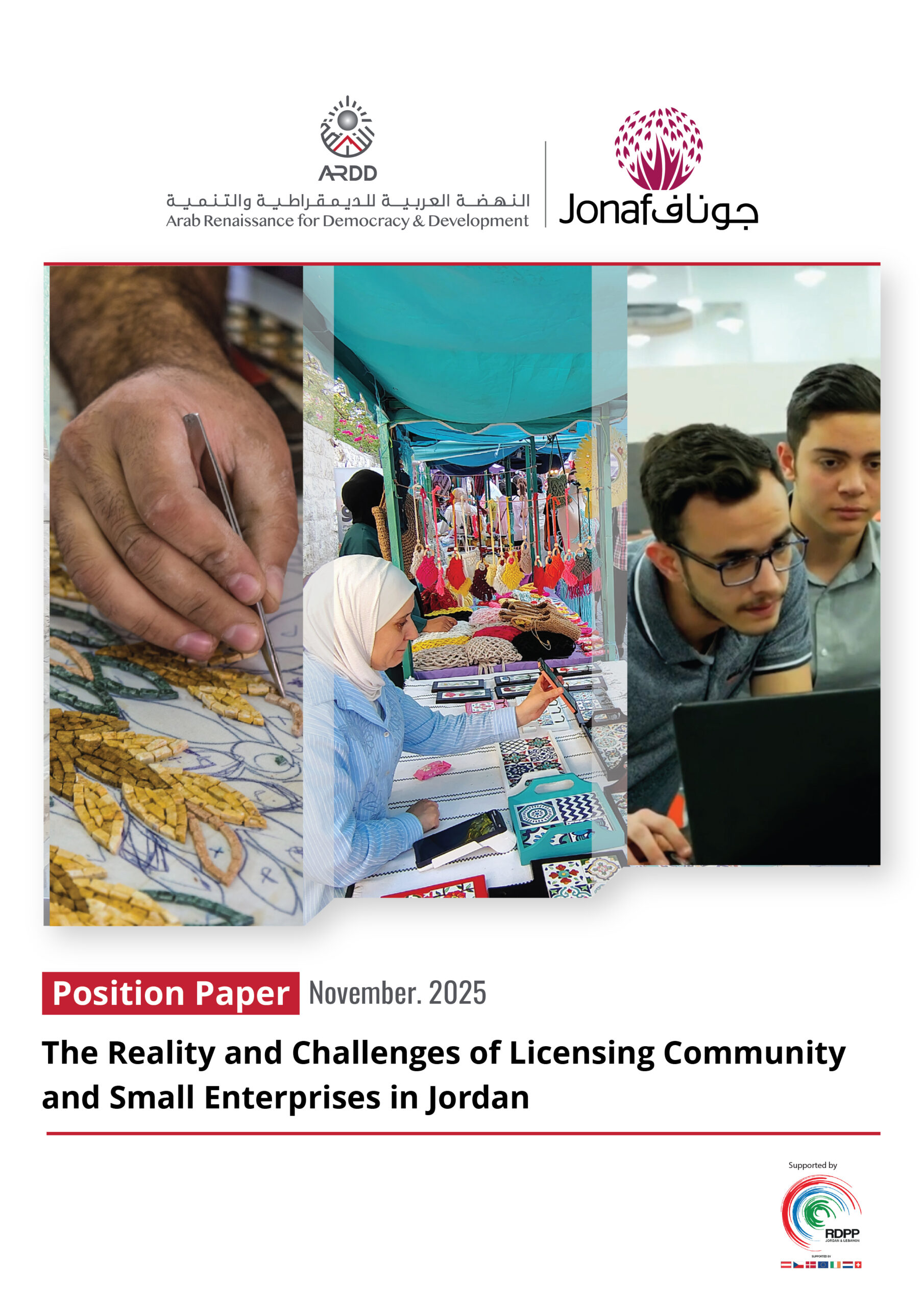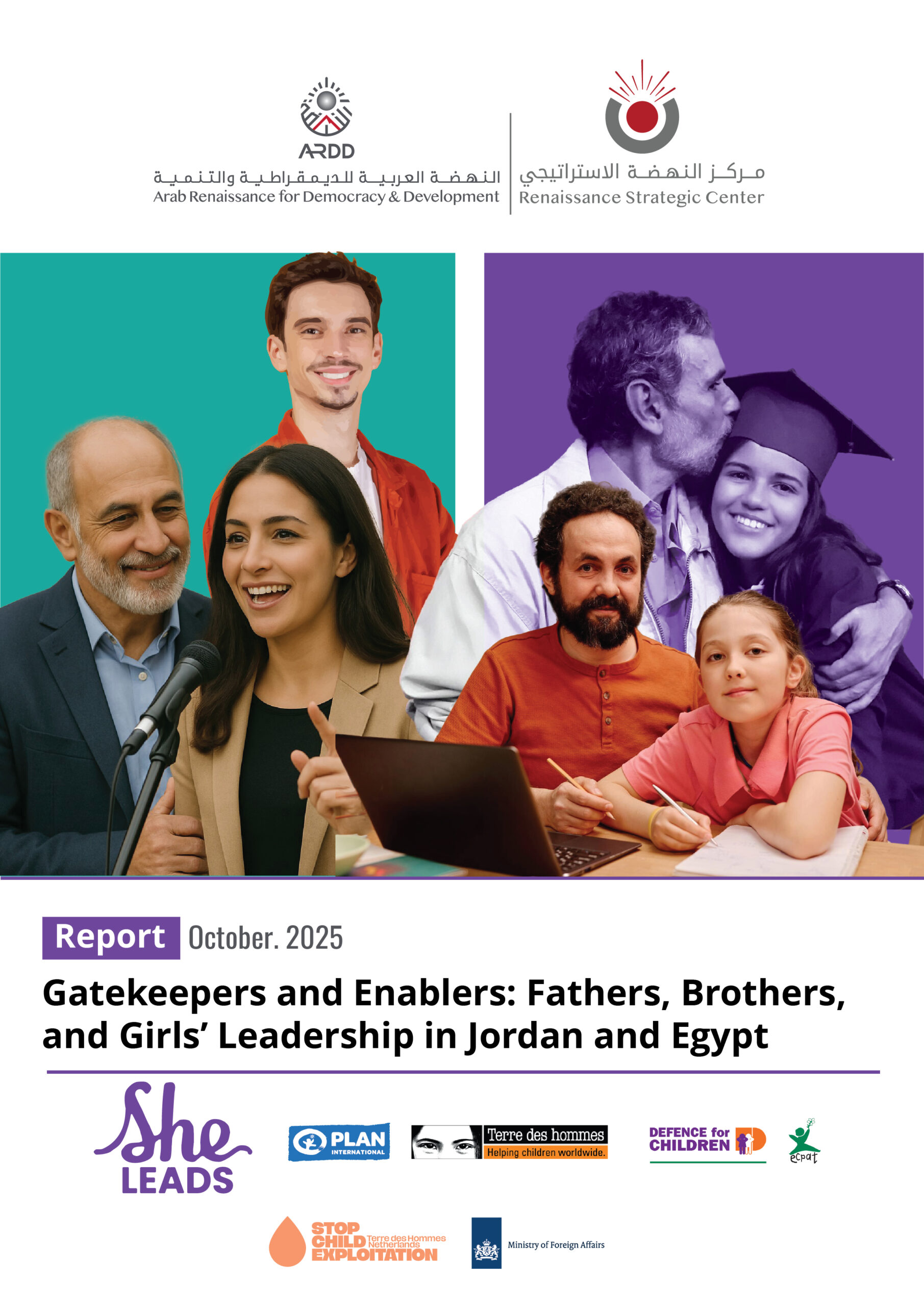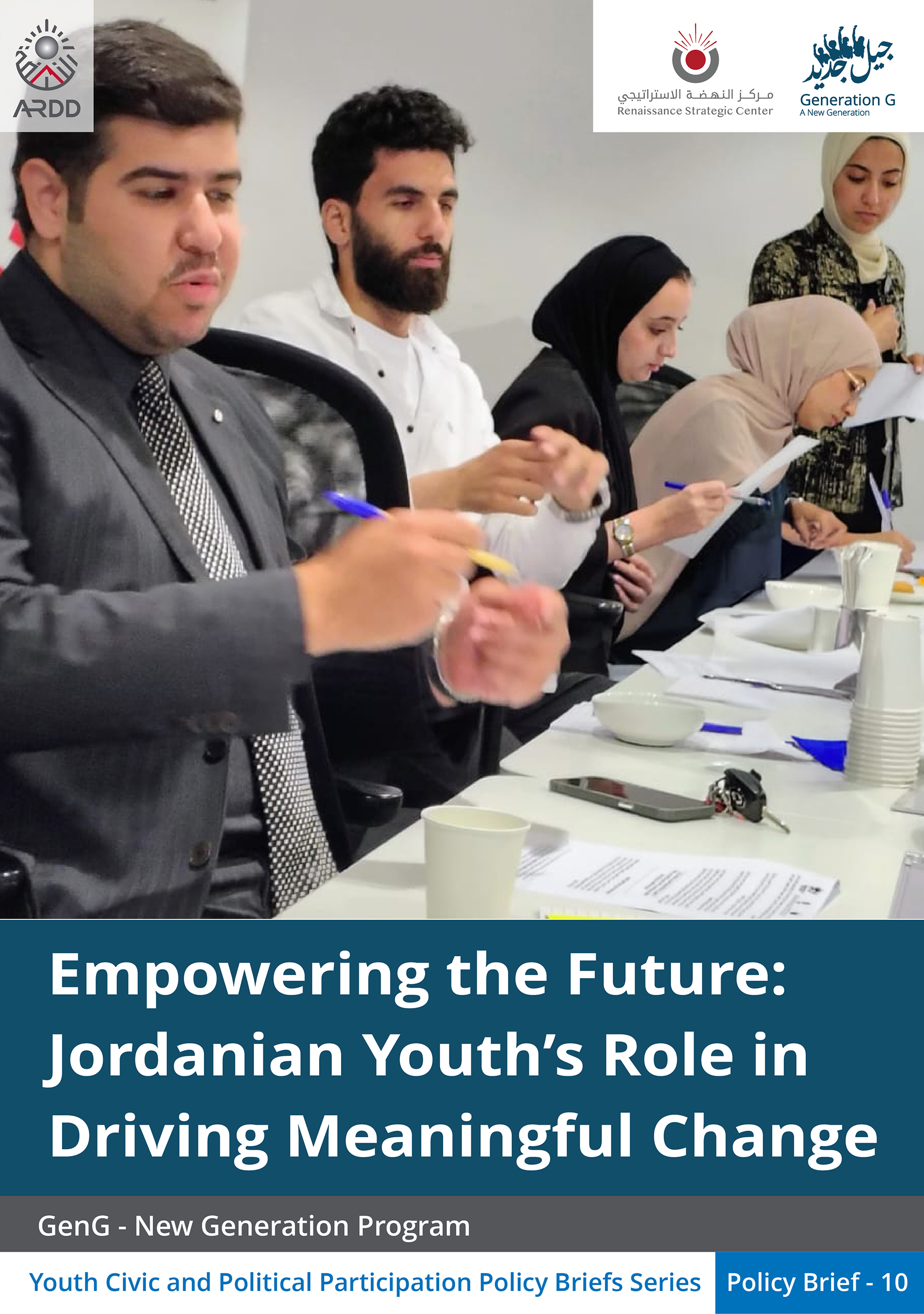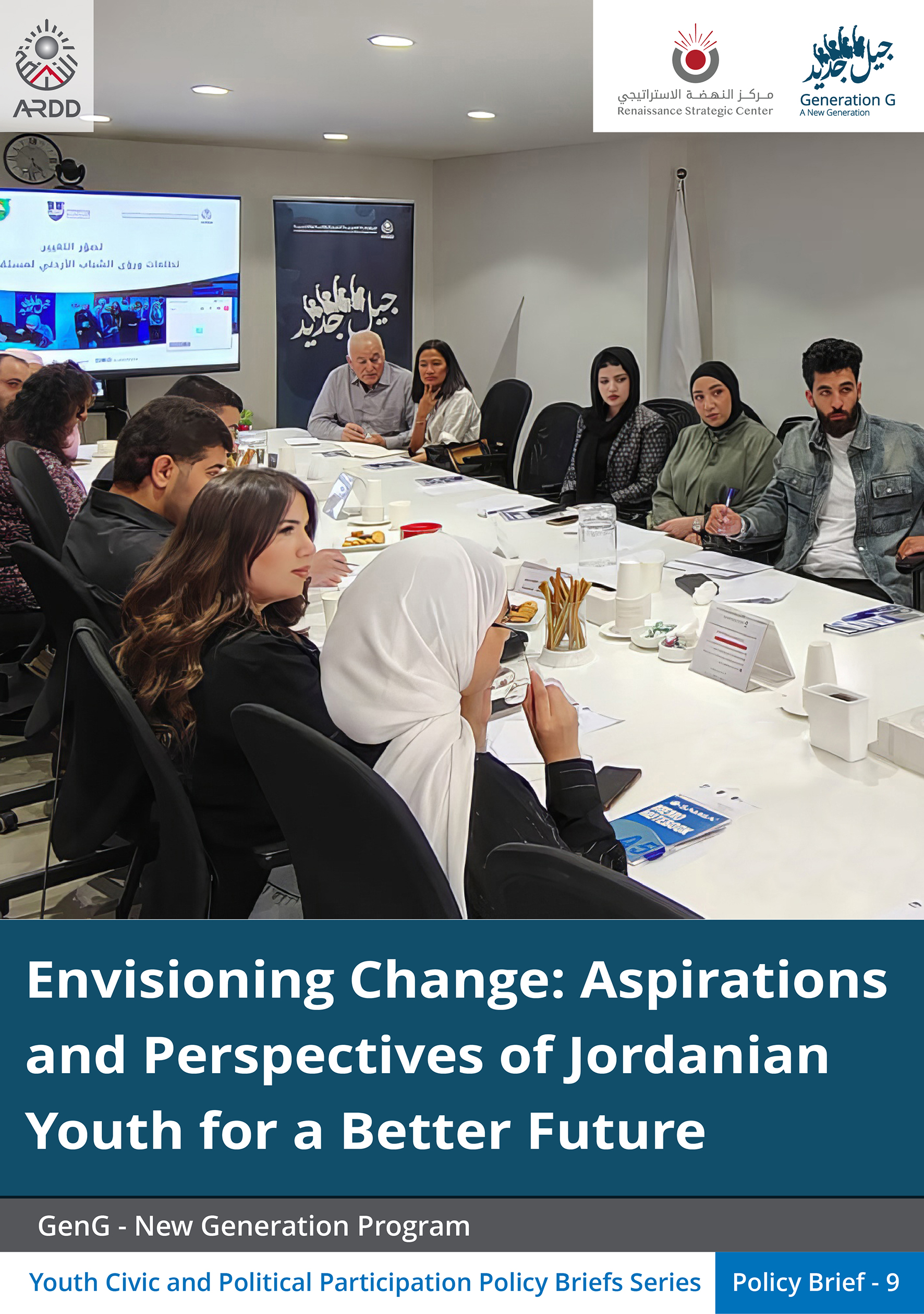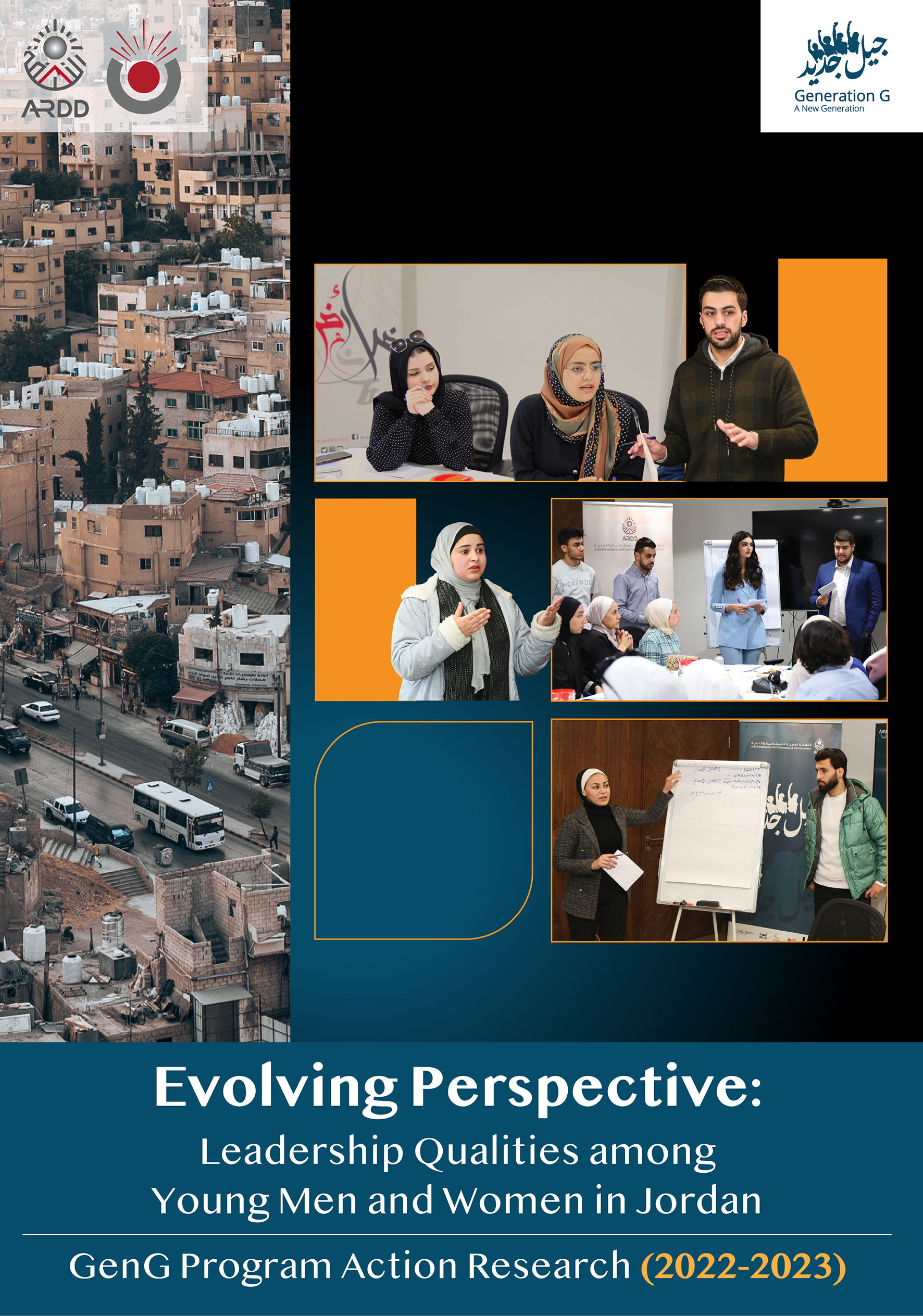The international aid sector is in shock. The suspension of all, and subsequent cancellation of many, USAID contracts, and the dismissal of most of its staff, has an immediate impact on millions of people and thousands of aid-funded organisations, UN and international and local/national NGOs, but also government institutions running programmes with US funding. The brusqueness and brutality of it (Musk has called USAID ‘a criminal organisation) tend to obscure that European aid donors have been, and continue cutting, their aid budgets for some time now, while USAID maintained its level until the new MAGA administration took over this year. It is the cumulative impact of budget cuts of the main Western aid-donors that is now biting deep.
The aid sector is responding with pleas and arguments to the Western donor governments not to cut so drastically. Some hope this will only be a temporary decline, with official aid picking up again in a few years, when the political landscape has changed. While trying to find alternative sources of funding to at least partially compensate the drastic losses in income, many have to let go of large numbers of staff, and several have already closed down. The international aid sector is deeply disrupted. We start hearing views that this must be the opportunity to drastically change a system that has long been criticised for its significant flaws.
This brief supports the argument that radical change is needed. But it goes deeper in its analysis and imagining of the nature of that change. First, the analysis of what is happening needs improvement: The cuts in official aid budgets go together with a sustained disregard for international norms and with an increasingly frontal attack on the primary multilateral institution tasked with promoting and defending them, the United Nations -by several of the countries behind its creation at the end of WWII. Simultaneously, we are also seeing a clear attack on the freedom of speech, academic independence, civic activism and the right to protest in the US, a trend that was however already noticeable in several European countries, not just in Hungary, but also in others that claim to be functioning ‘democracies’.
This brief therefore argues that
- Aid-funded agencies cannot only focus on ‘downsizing’ and ‘re-prioritising’ projects and programmes, while searching for alternative sources of funding.
- The decline in multilateral cooperation will impact aid agencies, and all of us, much more profoundly than the aid budget cuts. A new ‘age of empires’ is emerging, where ‘might is right’.
- The aid sector cannot, as it has mostly done the past 30 years, ignore the national, regional and international political economies that create and maintain poverty, marginalisation, disease, ‘underdevelopment’, wars, forced displacement, and humanitarian suffering.
- INGOs in Western countries in particular need to engage much more with the poverty, marginalisation, climate crisis impacts, but also social and political polarisation in their home societies, and the economic policies of their own governments.
- There is a need for a fundamental rethink of purpose, position and role, in light of what this ‘new’ world now needs. That must start with a critical self-examination, in each agency. about how it has been working for the past 20-25 years, individually but also as part of a wider ‘sector’. We must let go of mindsets and ways of working that are not that different from what is causing today’s crises. Only then can we consider, with fresh eyes, how we best contribute to what the world now needs. The Annex offers some initial areas for such critical self-reflection.

